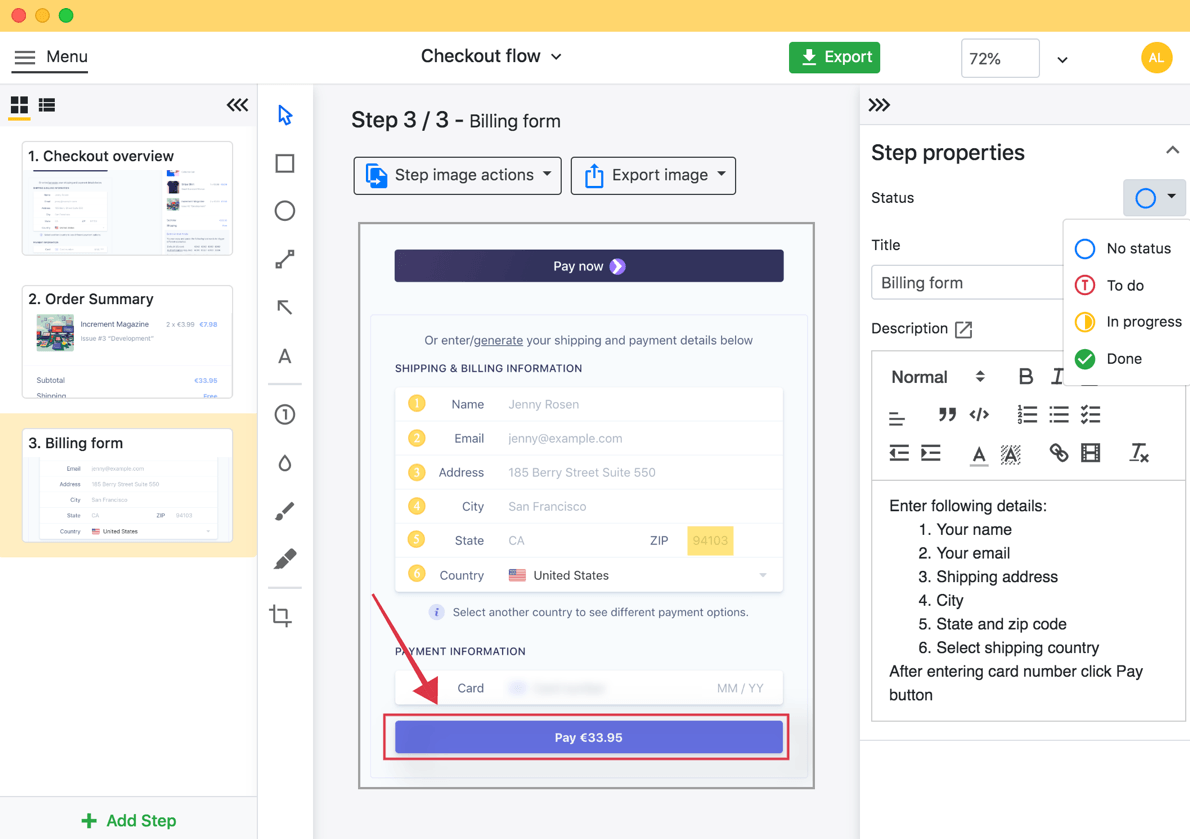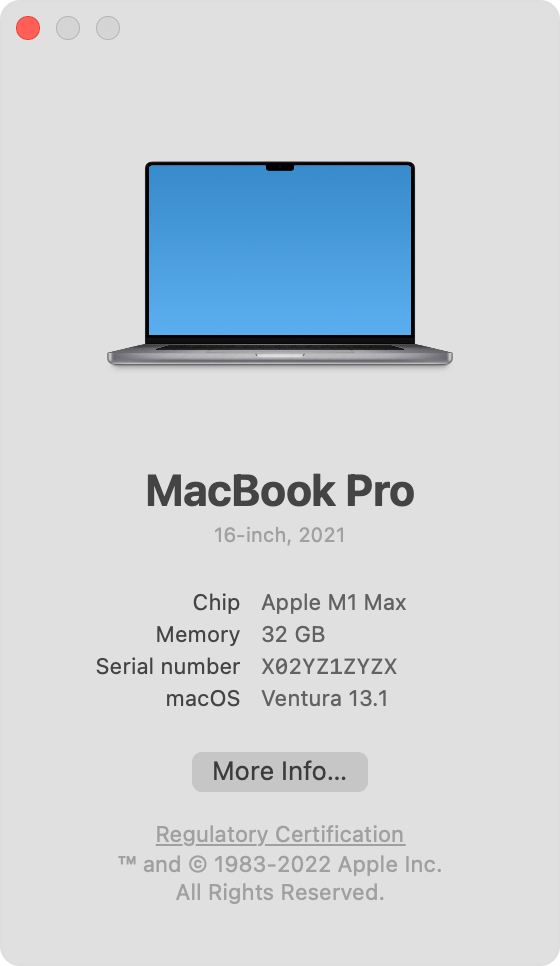Process documentation examples and samples can help inspire your team to begin creating resources that support increased efficiency and standardization.
Are you…
- Struggling to streamline processes within your organization?
- Finding it difficult to communicate workflows effectively?
- Confused about where to start with process documentation?
- Wasting time on inefficient methods of documenting processes?
When it comes to business process optimization, I've seen firsthand the transformative power of well-crafted process documentation. It's the cornerstone of efficiency, compliance, and a thriving organizational culture
Understanding The Nuances Of Process Documentation
Process documentation, fundamentally, is a detailed blueprint of how to execute a specific business process. It encompasses every step, the tools involved, and the decision points that lead to the desired outcome. It’s like the secret ingredient in a Michelin-star chef's recipe book - it guarantees consistent, exceptional results every time, regardless of who's in the kitchen.
Why Invest In Process Documentation Software?
The decision to invest in process documentation is a strategic one, and with the right execution, the payoffs are significant. Straight off the bat, here are just four key benefits:
1 - Employee Onboarding Is A Breeze
New hires hit the ground running with well-defined process maps. This accelerates their time-to-productivity and reduces the burden on existing team members.
2 - Knowledge Preservation
When employees depart, their institutional knowledge often walks out the door with them. Process documentation ensures that hard-earned expertise stays within your organization, mitigating risks and costly disruptions.
3 - Fostering Cross-Functional Collaboration
Process documentation breaks down departmental silos and helps to promote the seamless exchange of information. When process documentation functions as intended, it can facilitate teamwork toward shared goals. You can think of it as a universal language for streamlined operations.
4 - Consistency & Compliance
Detailed process documentation ensures company policies, rules, and procedures are consistently followed. This protects you from the costly ramifications of non-compliance with state and government regulations.
5 Process Documentation Examples (& Why You Need Them)
Process documentation can take many forms, catering to a variety of needs in the workforce. After all, it’s important to account for the different ways co-workers consume and digest information. Here are some common and effective formats:
Step-By-Step Process Documentation Samples
Checklists, numbered instructions, and detailed walkthroughs provide granular guidance, ideal for complex or multi-phase processes. With a tool like Folge, you can create step-by-step process documentation that’s visually engaging and well-suited to the needs of team members.
Visual Process Maps
Flowcharts, diagrams, and other visual representations offer an intuitive, big-picture understanding. This format excels in identifying bottlenecks and potential areas for optimization. To deconstruct a process and explore ways to drive greater efficiency, creating a visual process map is a good first step.
Handover Documentation
Handover documentation is a lifeline for smooth transitions between teams or individuals. Critical information is preserved, ensuring continuity of operations and minimizing delays. This type of documentation can often make or break continuity in an organization.
Quick Reference Guides
Concise summaries of key steps and essential information serve as quick refreshers for employees on the job, reducing the need to rely on memory. These will typically include a range of visual aids and written text breaking down everything someone would need to know about a particular process.
Training Manuals & Videos
For comprehensive learning and complex processes, a combination of in-depth manuals and engaging videos are often powerful tools for successful knowledge transfer.
Proven Strategies for Process Documentation
Alongside access to the right process documentation tool, creating truly exceptional process documentation involves a thoughtful approach. Here are my time-tested process documentation best practices:
1 - Project Mindset
I recommend treating each process document as a distinct project. Define clear objectives, identify stakeholders, establish timelines, and set metrics to track success.
2 - Meticulous Input Gathering
You should collaborate closely with subject matter experts. This could be co-workers with hands-on experience completing a particular process. Utilize interviews, surveys, and direct observation to capture every detail and nuance of the process.
3 - Visualize for Clarity
Use flowcharts, diagrams, or other visual tools to create a clear, step-by-step representation of the process. This supports fast comprehension and makes it easier to spot optimization opportunities.
4 - Uncompromising Clarity
To keep the content accessible for all, it’s a good idea to write in plain, jargon-free language. You should provide ample screenshots, diagrams, and videos to enhance understanding and eliminate ambiguity.
5 - Embrace Continuous Improvement
Processes evolve as your business does. Establish a regular review cycle to update your documentation, ensuring it always reflects your current best practices.

Folge is a perfect tool for creating guides, training manuals and documentation.
Using Folge To Create Highly Practical Process Documentation Effortlessly
Folge streamlines the process documentation process, reduces creation time, and ensures your team has access to the information they need to perform their jobs effectively. Invest in clear, accessible process documentation, and watch your team's productivity and efficiency soar. Download Folge today for free.
Easily create top notch technical documentation and guides
🏆 Try and use Folge for free forever.
Download now






